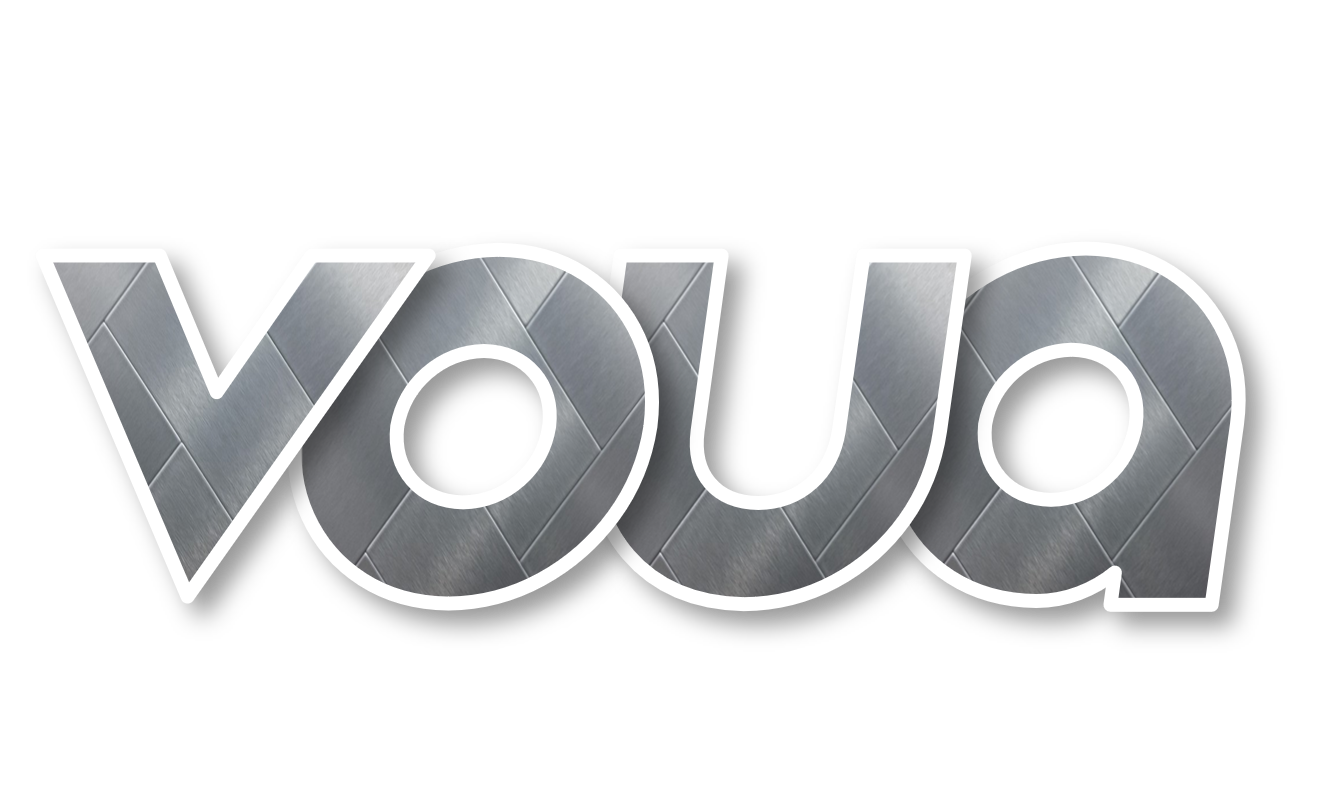The Morton Grove Village Board voted to table consideration of a proposed ordinance change that would restrict the sale of THC and kratom products in the village, conceding that a local regulation battle could be futile without support from state leaders.
“This vote is not about inaction, it’s about strategic leadership,” Village President Janine Witko said at the June 10 Village Board meeting.
The ordinance was on the agenda for a second reading and final consideration. It had been first introduced in April and village leaders at that time said they wanted to have more information. By the June meeting, their desire became to broaden the scope and make a local effort a more encompassing one across the state.
“We must push for uniform regulation that ensures customer safety statewide, not just within our village limits,” said Witko.
Illinois legalized recreational use of cannabis – including purchasing, consuming and possessing it – in January 2020. But, the law made no provisions for cannabis-like products, including Delta-8 tetrahydrocannabinol, or THC, and kratom, and towns have seen the boom of shops that sell the substances with few restrictions.
At the June 10 board meeting, Witko said that rather than move forward with the Morton Grove ordinance, village leaders plan to work with state partners to advocate for stricter regulations overall.
“This is an issue that extends well beyond Morton Grove’s borders,” Witko said. “While local bans may appear proactive, they do not solve the problem. Residents can simply go a mile down the road and purchase the same products in Skokie or surrounding communities.”
The proposed ordinance change seeks to address regulatory gaps left after the state’s legalization of recreational cannabis, commonly known as marijuana. The ordinance addresses Delta-8 tetrahydrocannabinol (THC), which the U.S. Department of Agriculture states is a psychoactive substance typically manufactured from the cannabis plant. THC is synthetically derived and is not regulated.
“As a municipality, we are not fully equipped or authorized to regulate these products in a comprehensive or enforceable manner,” said Morton Grove Mayor Janine Witko, explaining the decision to meeting attendees.
Witko acknowledged residents’ concerns that the state recreational cannabis use law does not provide enough protections. And village leaders have said there’s been a concerted effort to locally regulate cannabis products – like vape products, edibles and more.
“However, over the past few years there has been an increase in the availability of “cannabis-like” products which often contain the same intoxicating effects of cannabis but are sold outside of State-licensed dispensaries. These products are regularly available in stores that sell tobacco and gas stations,” reads a village staff memorandum included with the proposed ordinance change.
Village leaders say that not having the regulations for those quasi products “allows for the sale of these products without restrictions on age or the other deliberate regulations enacted by the Village.”
Morton Grove has one state-licensed marijuana dispensary, and zoning rules in the village allow for no more than two in total. But there are at least four times as many vape shops and at least a dozen gas stations that do sell or could carry THC products – which are not allowed to be sold in dispensaries.
The ordinance would also put restrictions on the sale of products containing kratom, an herbal ingredient derived from a tree native to southeast Asia.
Kratom can produce stimulant and opioid-like effects, and people have reported using it to manage withdrawal symptoms related to opioid use, according to the National Institute on Drug Abuse. It has been listed as a “drug of concern” by the U.S. Drug Enforcement Administration, but it is not listed on the nation’s schedule of controlled substances.
Like some of the other illicit THC products the Morton Grove ordinance seeks to address, some kratom products have been found to contain contaminants, like heavy metals. But a NIDA fact sheet on kratom notes that this is the case with many products marketed as “herbal supplements.”
David King attended the June board meeting with the intent to speak in favor of the ordinance. He was surprised to learn the issue was being tabled.
“I guess I should throw my prepared remarks out the window,” King said during the public comment portion of the meeting. “But I’m still gonna say them.”
King raised concerns about THC’s effects on people’s judgment, concentration and mood. He declared that people impaired by the substance are a danger to themselves and others whether at home, work or on the roads.
For emphasis, King pointed out that testing kits for THC and cocaine are placed right next to each other on pharmacy shelves.
“The reason why is that THC is a bad substance across the board,” he said. “It’s bad whether you eat, inhale, ingest, or smoke it.”
King’s comments focused mainly on THC, but he said he has concerns about kratom as well.
“Respectfully, I don’t think you needed to table this. I don’t care what they do one mile down the road, 10 miles down the road,” he said. “We’re here in Morton Grove, and we can make our community safer right now.”
Still, Witko said she is committed to advocating for the cause, and that she is working with village staff and legal counsel to advocate for change at the state level.
Alan Kozeluh is a freelancer. Pioneer Press staff contributed.










